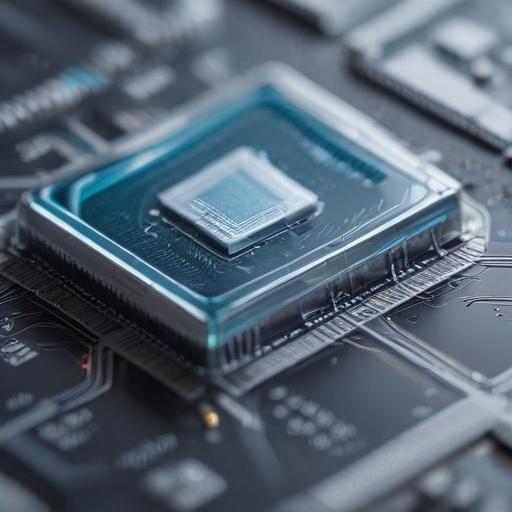Sen. Bernie Sanders backs turning CHIPS Act grants into government stakes in chipmakers, including a $10.9 billion award to Intel, as part of a move to increase U.S. semiconductor production. Sanders, an independent who caucuses with Democrats, announced his support on Wednesday, arguing that taxpayers should get a reasonable return when recipients profit from federal grants.
“The taxpayers of America have a right to a reasonable return on that investment,” Sanders said in a statement to Reuters.
The CHIPS and Science Act, enacted in 2022, was designed to lure chip production away from Asia and boost domestic semiconductor output with about $39 billion in subsidies. The acronym CHIPS stands for Creating Helpful Incentives to Produce Semiconductors.
Commerce Secretary Gina Raimondo is now examining the possibility of the government taking equity stakes in Intel and other chipmakers in exchange for the grants as the Trump administration seeks “equity” in return for “investments.”
The push reflects a rare bout of bipartisanship around a policy that blends industrial policy with concerns about national security and supply chain resilience. The article also notes that Sanders and Senator Elizabeth Warren, a Democrat, had proposed an amendment to the CHIPS Act requiring the Treasury Department to receive a warrant, equity stake or senior debt instrument if a recipient company were to receive a CHIPS Act award. Sanders welcomed the alignment with the administration on that point, saying taxpayers should not be providing billions in corporate welfare without a return.
Funding for CHIPS Act awards to companies such as Micron, Taiwan Semiconductor Manufacturing Co. and Samsung remains largely undisbursed. Trump’s interest in Intel is part of a broader goal to bolster U.S. chip production and reduce dependence on foreign suppliers, a priority tied to broader concerns about national security and leadership in artificial intelligence.
On Wall Street, investors have not reacted positively to the prospect of the government taking stakes in private firms. Intel shares fell about 7.1% from the market open, trading around mid-afternoon.
Context and implications
– Rising calls for equity-like arrangements reflect a broader debate about how much state involvement is appropriate in private industry, even when aimed at strategic sectors.
– If implemented, government stakes could align corporate incentives with public interests, but they also raise questions about market distortions, governance, and potential political interference.
– For the broader semiconductor supply chain, such a move signals a long-term U.S. commitment to domestic production, potentially attracting investment, creating jobs, and strengthening national security in the face of competition with China.
Summary
A key U.S. policy debate centers on converting CHIPS Act grants into government equity stakes in chipmakers, with Senator Sanders’s support highlighting demands for taxpayer returns. The initiative, tied to broader efforts to restore domestic chip production, faces scrutiny from markets and policymakers as they weigh benefits against potential governance and market concerns. If successful, it could bolster the U.S. chip industry and reduce reliance on overseas supply chains, contributing to a more resilient tech future.
Added value and outlook
– What to watch: how the government structures any equity stakes, the scope of companies involved, and the safeguards to prevent conflicts of interest.
– Potential impact: a more secure domestic supply chain for semiconductors, possible shifts in corporate strategy toward long-term public-private partnerships, and a clearer framework for returning value to taxpayers.
– Positive angle: a concerted effort to keep advanced manufacturing in the United States, support high-skilled jobs, and maintain a competitive edge in AI and next-generation technologies.
